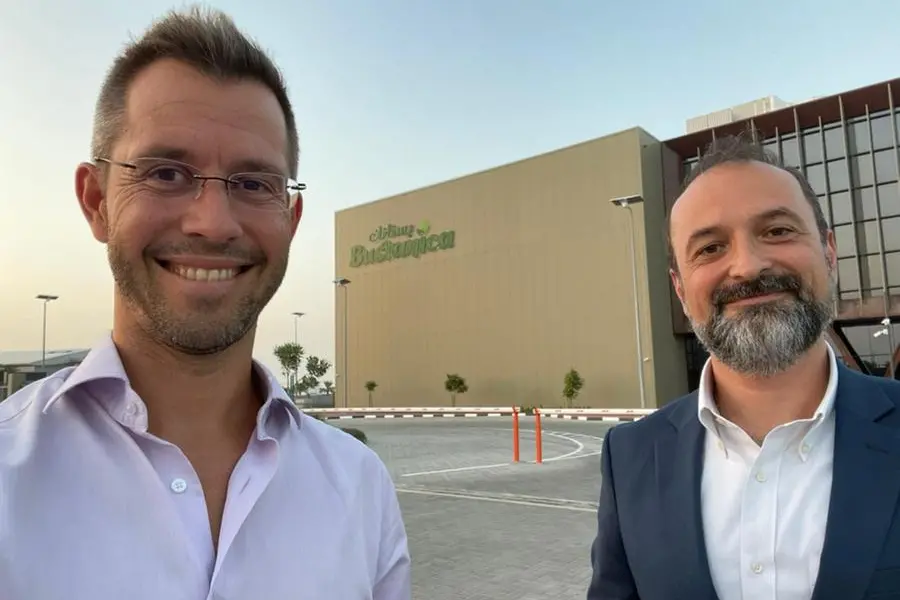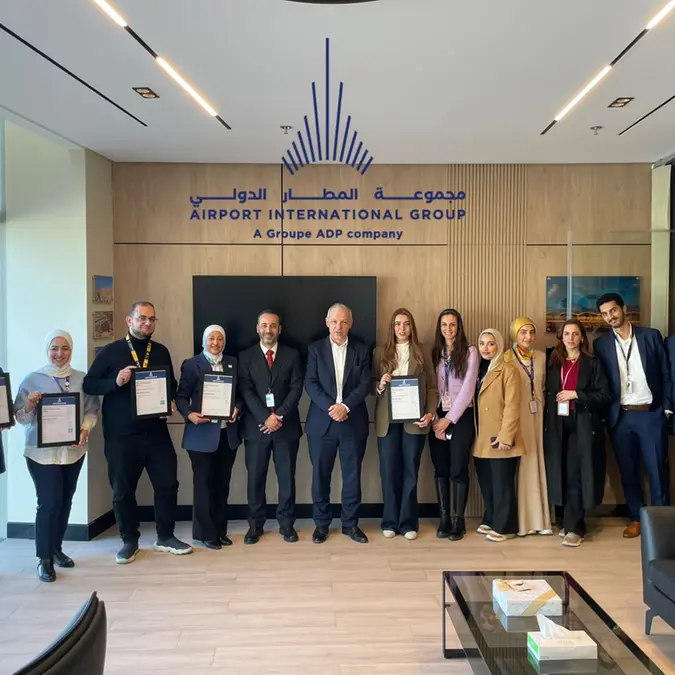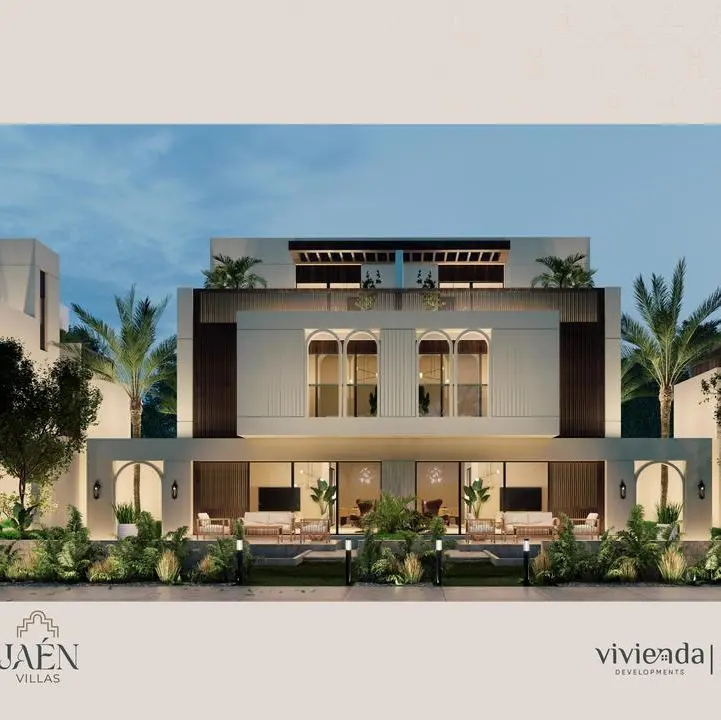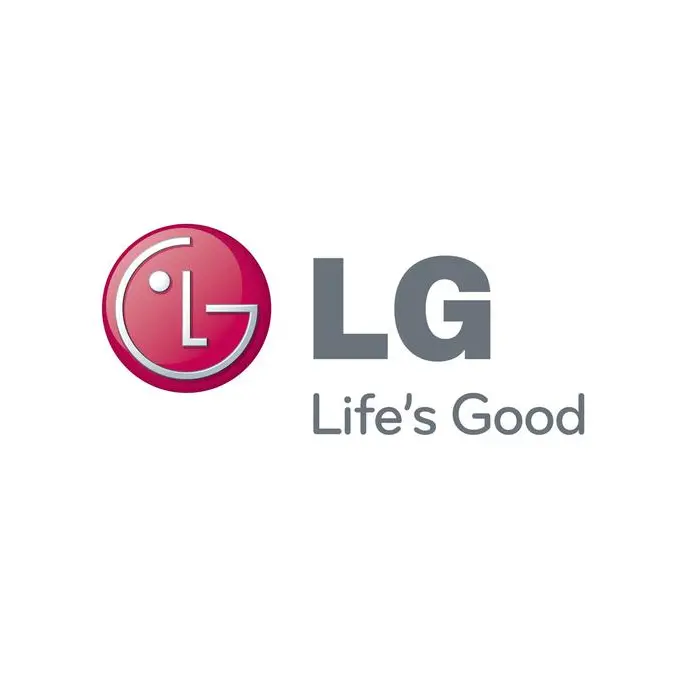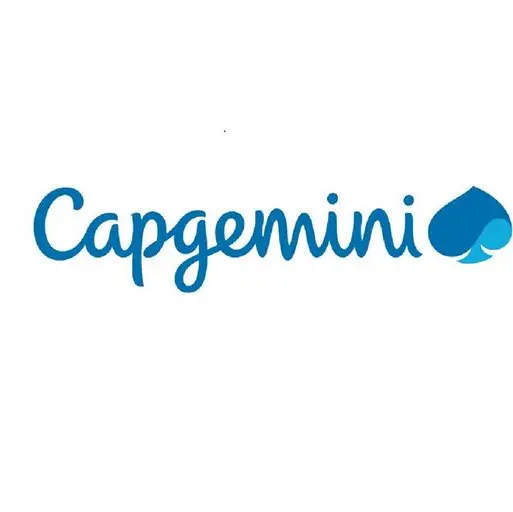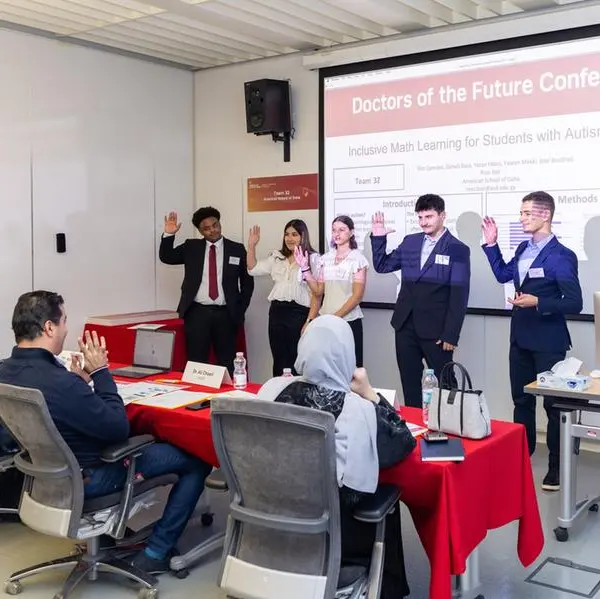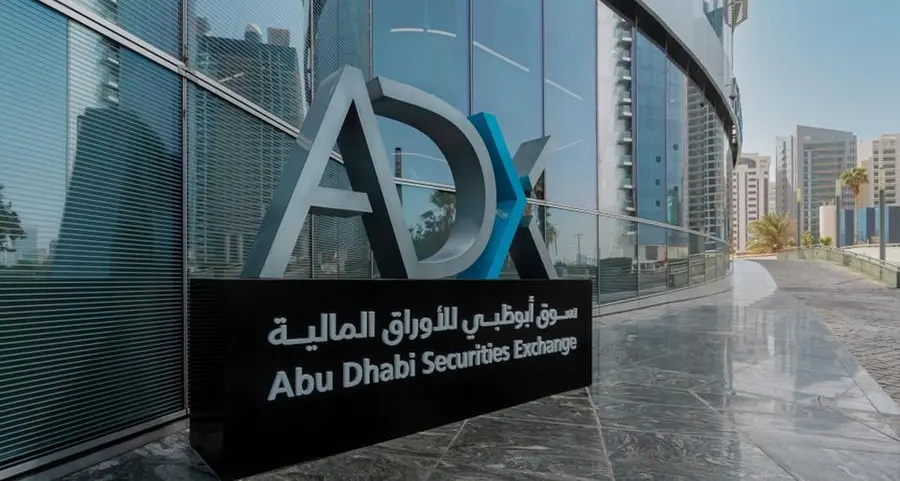PHOTO
As the next megatrend in the field of agribusiness and nutrition, vertical farming is a space-saving, sustainable and efficient way of growing plants that promotes future global food security. However, as an indoor farming solution, internal temperature control and regulation remains critical to the success of vertical farms, especially in regions experiencing extreme summer temperatures such as the Middle East. Polyurethane insulation sandwich panels have been revealed as the cost-effective insulation and cladding solution installed on a major vertical farm project in Dubai, paving the way for other vertical farm developments elsewhere in the Middle East.
Emirates Flight Catering, the inflight catering arm of UAE-based Emirates Airlines producing more than 55 million meals annually, recently opened the world’s largest vertical farm, Bustanica, located near Al Maktoum International Airport at Dubai World Central. The 330,000 sq ft indoor facility will produce more than one million kilograms of high-quality leafy greens including lettuces, arugula, mixed salad greens and spinach annually, while reportedly requiring 95 per cent less water than conventional agriculture.
The indoor hydroponic farm, built using polyurethane-based sandwich insulation panels, showcases the versatility of this best-in-class building material, while demonstrating its superior insulation and sustainability properties of this dynamic product when compared to alternative building insulation options, such as rockwool.
Supplied by Dubai-based system house, Pearl Polyurethane Systems and manufactured by its production partner, leading UAE panel manufacturer Emirates Industrial Panel (EIP), this cladding product is lightweight and quick to fit, as well as offering advanced fire and smoke resistant properties.
Commenting on the opening, Martin Kruczinna, CEO of Pearl Polyurethane Systems, said: “We are thrilled to support this world leading sustainable farming project by supplying our high-performance EcoPearl polyurethane material for the metal sandwich insulation panels installed on Bustanica together with our manufacturing partner, EIP. These panels comprise a rigid polyurethane foam core, laminated with metal sheets on either side, and are typically used as wall and roof cladding, to keep heat out by minimising thermal energy transfer.
“Key considerations for the vertical farm operators, as with any other building owner, is how to regulate the indoor temperature to ensure optimal crop harvests in the extreme Middle Eastern climate without using expensive cooling systems - effective building insulation is therefore critical. With rising energy costs, better insulation means less energy consumption, leading the fight against global warming. Pearl-supplied rigid polyurethane foam used in this project is by far the most superior means of insulation on the market and we are proud our EcoPearl product is a key component of this cutting-edge sustainable farming project as it achieves this world-first and serves as a megatrend enabler promoting global food security,” added Kruczinna.
Ali Ihsan Cetiner, general manager of Emirates Industrial Panels (EIP), commented, “As the next megatrend in the field of agribusiness and nutrition, vertical farming is a particularly space-saving, sustainable and efficient way of growing plants.
“PU-based insulation panels have industry leading insulation properties, with impeccable thermal insulation and fire resistance properties. EIP and our partners such as Pearl are working hard to support modern agricultural initiatives such as vertical farm operators, by engineering solutions to the industry through developing and manufacturing FM-Approved PU-based insulation panels for large scale, multi-story vertical farming complexes. Vertical farming offers solutions to the most pressing problems posed by today’s modern agribusiness economy. As the UAE’s leading sandwich panel insulation manufacturer, EIP is proud to be contributing to the success of this mega-trend with our extensive range of PU-based insulation solutions,” concluded Cetiner.
Emirates Airlines claims Bustanica will save more than 250 million litres of water annually. The farm’s closed-loop system is designed to circulate water through the plants to maximise water usage and efficiency. When the water vaporises, it is recovered and recycled into the system, saving 250 million litres of water every year compared to traditional outdoor farming for the same output. This capability, combined with the use of advanced PU-based insulation building cladding, makes Bustanica an leading example of sustainable, next generation farming practices at work.
